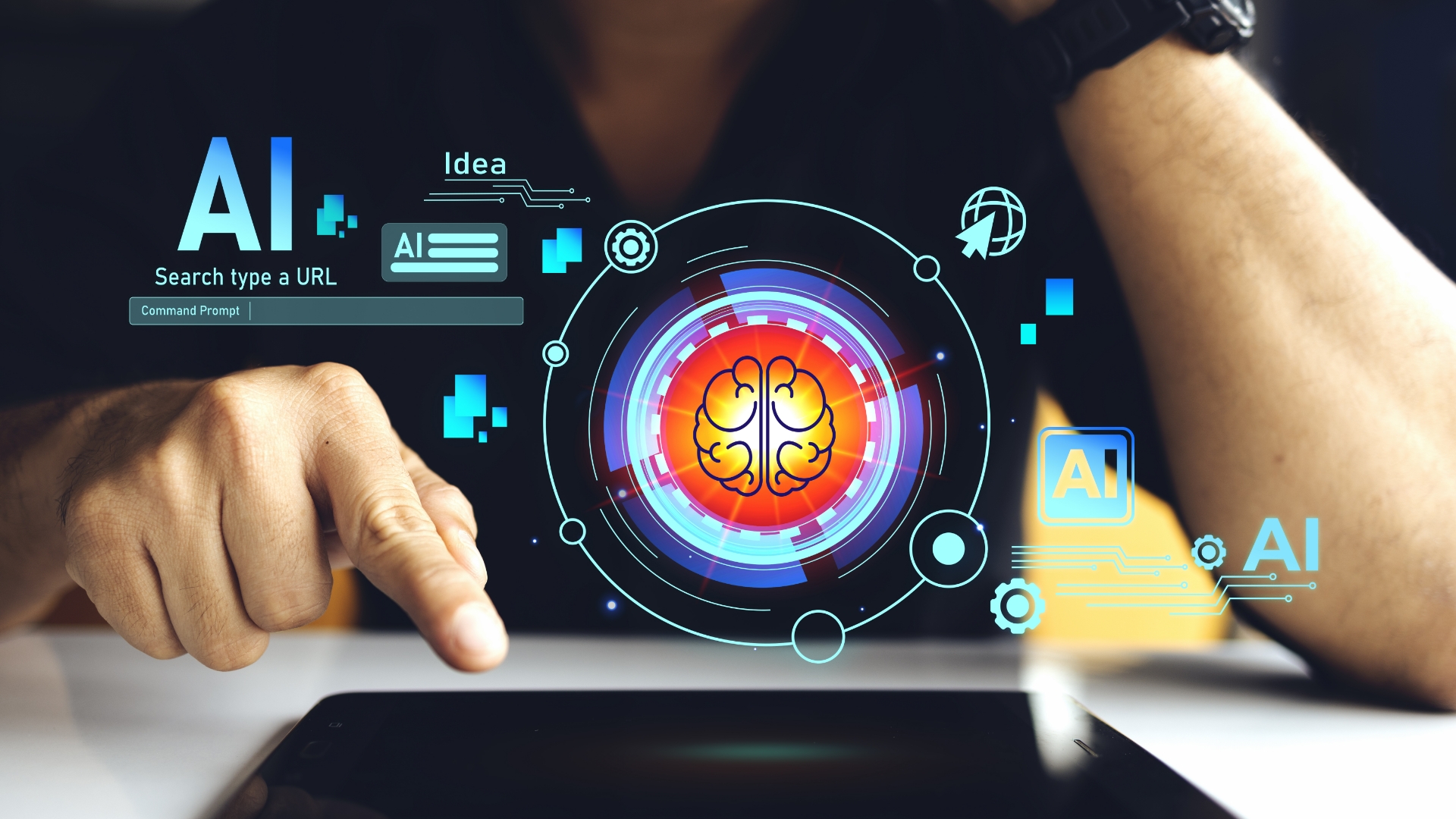The persistent whisper in the tech world about AI replacing human jobs often turns into a shout when discussing software development. While the idea of fully autonomous code generation might be a futuristic vision, the reality for custom software teams today is far more nuanced and, frankly, exciting. AI isn’t here to replace developers; it’s here to augment them, empowering them with tools that streamline workflows, reduce mundane tasks, and unlock unprecedented levels of creativity and efficiency.
For any custom software development company in London aiming for the top, embracing AI tools is no longer an option – it’s a strategic imperative. These aren’t just fancy add-ons; they are becoming integral to how high-performing teams operate, allowing them to deliver faster, more robust, and innovative solutions.
AI Copilots: Your Intelligent Pair Programmer
Perhaps the most visible and transformative AI tool in recent years is the AI copilot. Imagine having an incredibly knowledgeable and tireless pair programmer by your side, constantly offering suggestions, completing code, and even generating entire functions based on your intent. That’s precisely what AI copilots like GitHub Copilot offer.
These intelligent assistants, powered by large language models trained on vast amounts of code, analyze your current context and predict what you’re trying to achieve. They can:
- Generate boilerplate code: Say goodbye to repetitive setup. Copilots can quickly spin up common structures, leaving developers to focus on the unique business logic.
- Suggest code completions: Beyond basic autocomplete, copilots understand the context of your project and offer highly relevant and often multi-line suggestions.
- Translate natural language to code: Describe what you want to achieve in plain English, and the copilot can often provide the corresponding code snippet.
- Identify potential bugs and vulnerabilities: While not a dedicated debugger, some copilots can flag common errors as you type, catching issues early.
This isn’t about developers becoming redundant. Instead, it frees them from the cognitive load of remembering exact syntax or re-typing common patterns. It accelerates the coding process, reduces errors, and allows developers to concentrate their mental energy on complex problem-solving and architectural design – the truly creative and high-value aspects of custom software development.
Intelligent Debuggers: Pinpointing Problems with Precision
Debugging, historically, has been one of the most time-consuming and often frustrating aspects of software development. Hours can be spent sifting through logs, tracing execution paths, and trying to reproduce elusive bugs. Enter intelligent debuggers, which are revolutionizing this process.
These AI-powered tools go beyond simple breakpoints. They leverage machine learning algorithms to:
- Analyze failure patterns: By learning from historical data and common error types, intelligent debuggers can quickly identify the root cause of issues, often suggesting solutions.
- Prioritize critical bugs: Not all bugs are created equal. AI can help pinpoint which issues have the most significant impact, allowing teams to focus on high-priority fixes.
- Automate root cause analysis: Some advanced debuggers can automatically trace dependencies, analyze variable states, and highlight the exact line of code causing an error.
- Suggest test cases: Based on identified vulnerabilities or common error scenarios, intelligent debuggers can even propose new test cases to prevent future occurrences.
For custom software development companies in London where delivering bug-free, high-quality software is paramount, intelligent debuggers are invaluable. They dramatically reduce the time spent on debugging, leading to faster release cycles and more reliable products, solidifying a company’s reputation as a top software development company in London.
Beyond Copilots and Debuggers: The Broader AI Impact
The influence of AI on custom software development extends far beyond these two categories:
- Automated Testing: AI can generate and execute test cases, identify edge cases, and even learn from user behavior to create more comprehensive and effective tests.
- Code Review Assistance: AI can analyze code for style inconsistencies, potential performance bottlenecks, and adherence to coding standards, providing objective and consistent feedback.
- Requirements Analysis: AI-powered tools can assist in processing natural language requirements, identifying ambiguities, and even generating initial architectural diagrams.
- Documentation Generation: AI can help automate the creation of technical documentation, saving developers significant time and ensuring consistency.
The Future is Collaborative: Human-AI Partnership
The narrative that AI will replace developers is fundamentally flawed. Instead, AI is creating a new paradigm where human creativity, problem-solving, and critical thinking are amplified by the speed and analytical power of artificial intelligence. Developers who embrace these tools will not only remain relevant but will become “augmented developers” – more productive, more efficient, and capable of tackling increasingly complex challenges.
For businesses seeking a best software development company in London to bring their vision to life, it’s crucial to partner with firms that are actively integrating AI into their development processes. These companies are not just keeping up with the curve; they are riding the wave of innovation, delivering superior custom software solutions that leverage the best of both human ingenuity and artificial intelligence. The future of software development is a collaborative one, where AI empowers, not extinguishes, the human spark.




